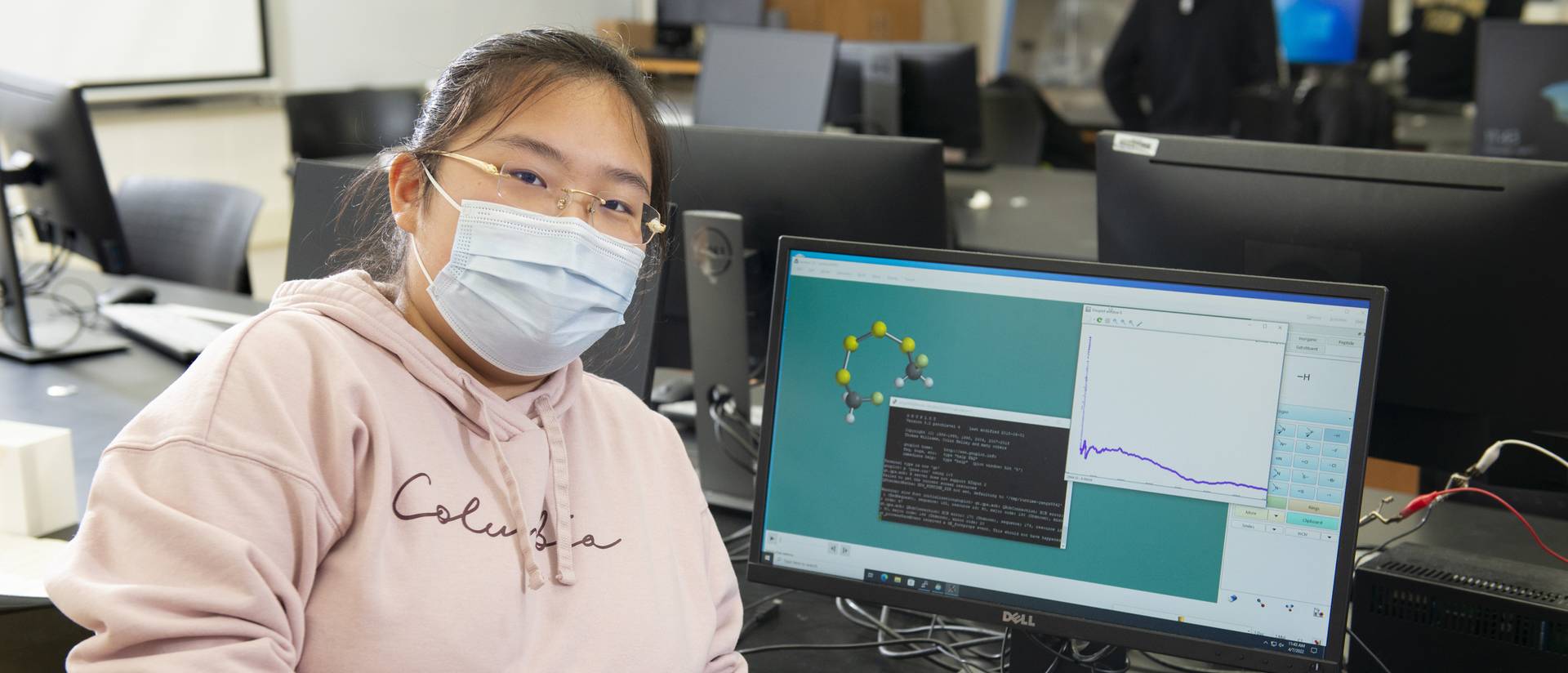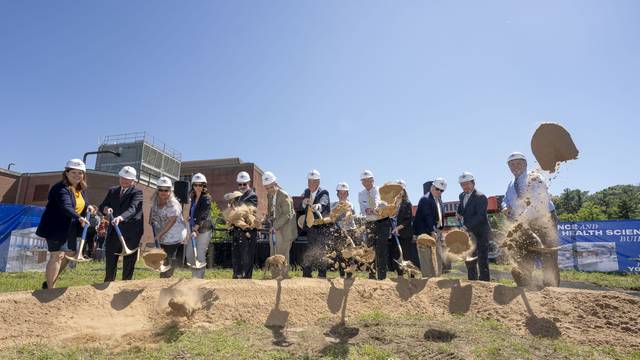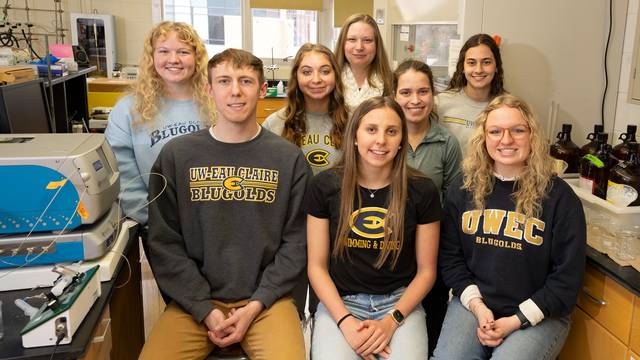The idea of driving an electric vehicle has becoming increasingly attractive. While electric vehicles offer many features that are appealing to consumers, there is a critical disadvantage. According to the United States Environmental Protection Agency, the median range for electric vehicles was 234 miles for the 2021 model year, compared to 403 miles for gasoline vehicles.
The driving range of electric vehicles is limited by the amount of energy stored in their batteries. Materials scientists and engineers from around the world are searching for new materials with higher energy densities, which means that more energy can be stored in the same amount of material. Unfortunately, little progress has been made.
Ziyan Yang, an international student from China through the Chinese dual-degree (CHEPD) program, is tackling this important challenge using computational techniques. As part of her senior capstone project, she has found a winning material: CFH2-SSSS-CFH2, an organic material with a chain-like structure has an energy density 8.5 times greater than the standard cathode material in commercial lithium-ion batteries. “This means a longer battery life. Everyone wants to have a smartphone with a long battery life, right? Especially for people like me who go out without a charging cable,” Ziyan says.
Ziyan is using computational materials science to quickly screen new battery materials and following strategies to allow for the rational design of these materials. This is a faster way of designing materials than going into the lab and making and testing each one.
Inspired by her interest in energy storage, she decided to pursue a master’s degree in electrochemical technologies at the University of Oregon. She believes that her research experience in energy storage materials has prepared her well for her graduate study. “I’m very excited. I believe that this will become a new chapter in my electrochemical research and building better batteries for the future,” Ziyan says.
Interested in learning more about capstone projects or materials-related internships? Contact Dr. Matt Jewell at jewellmc@uwec.edu



